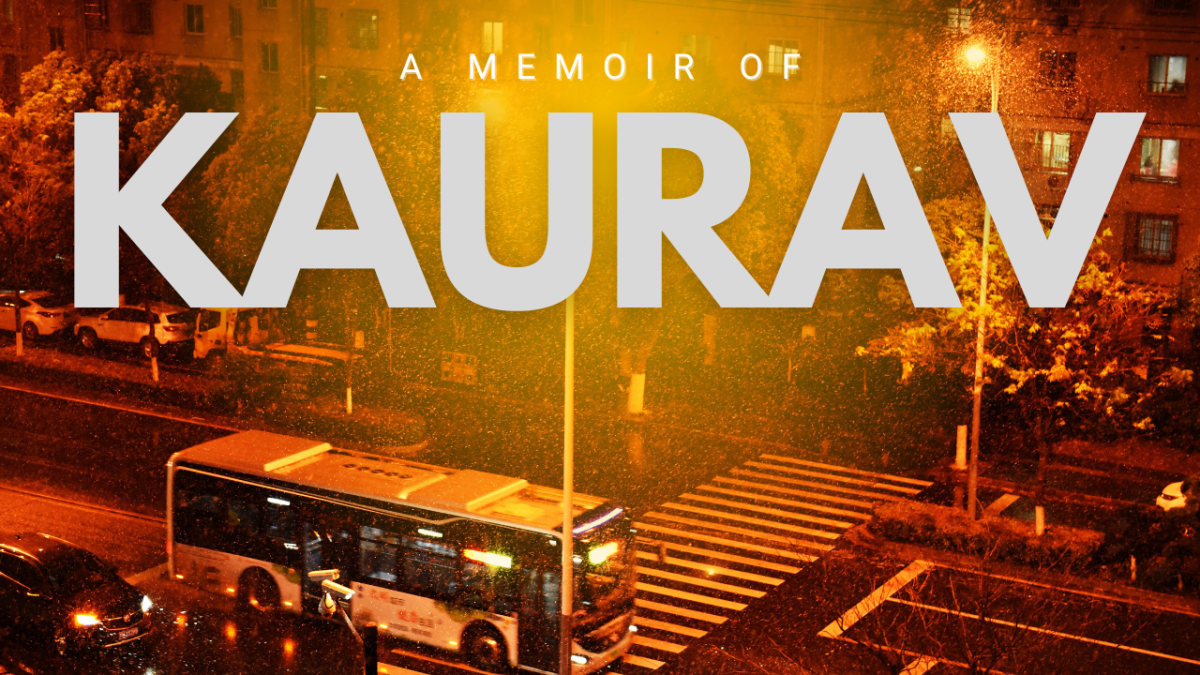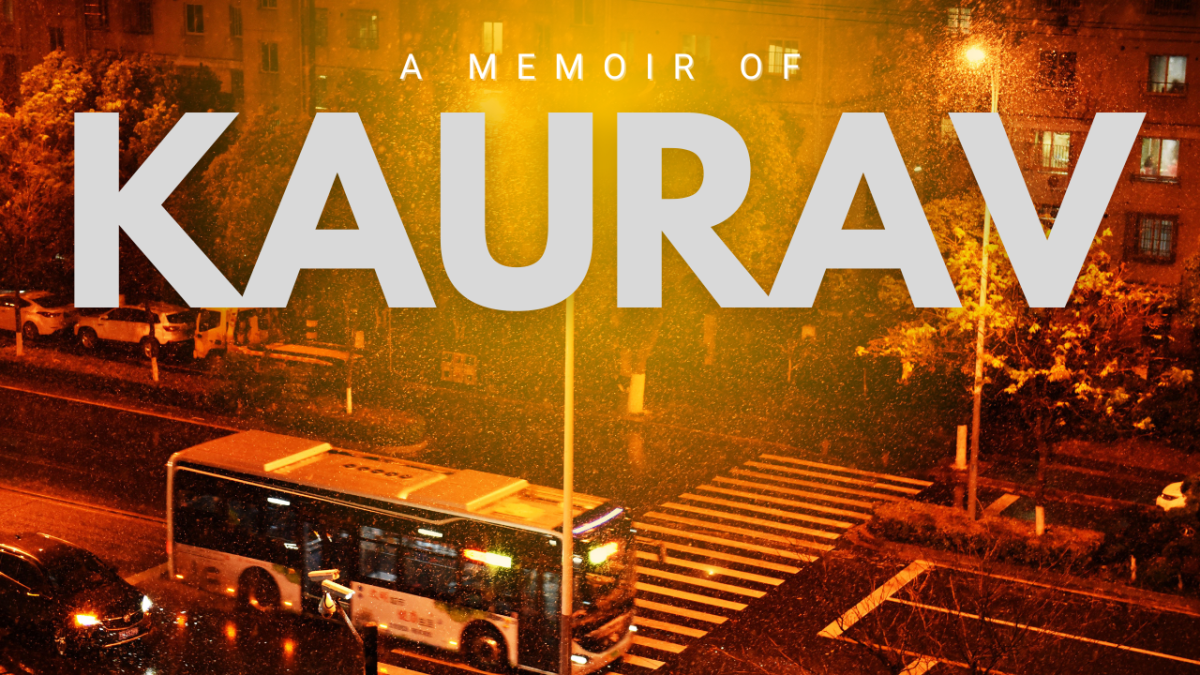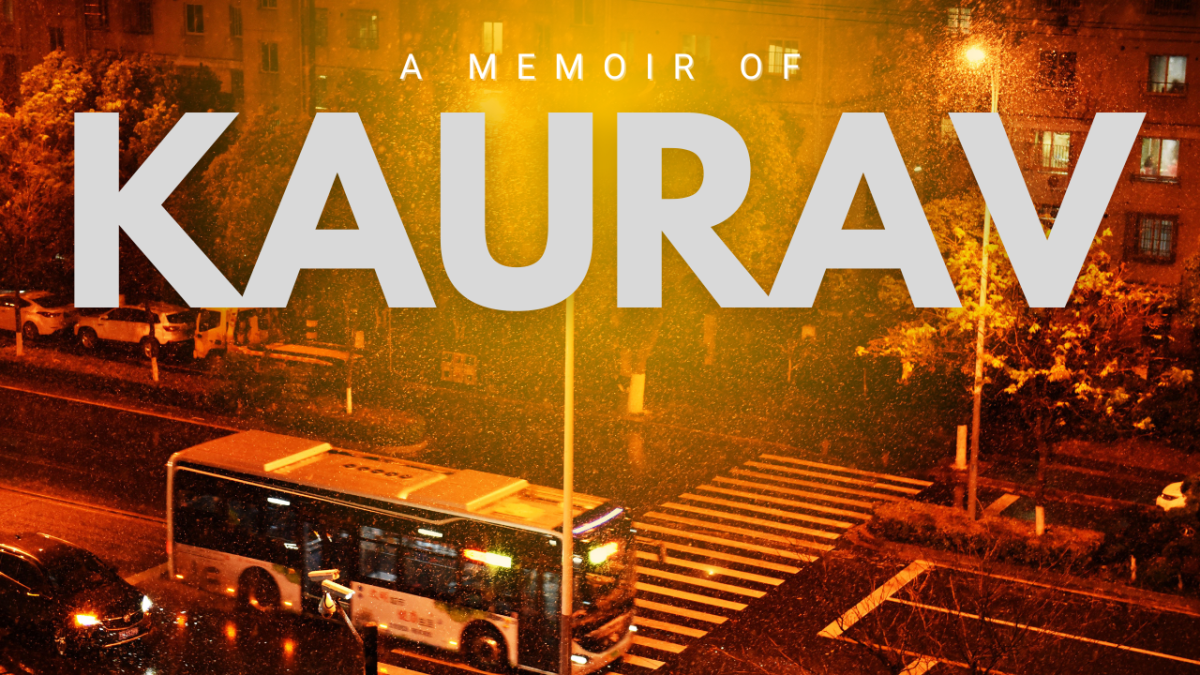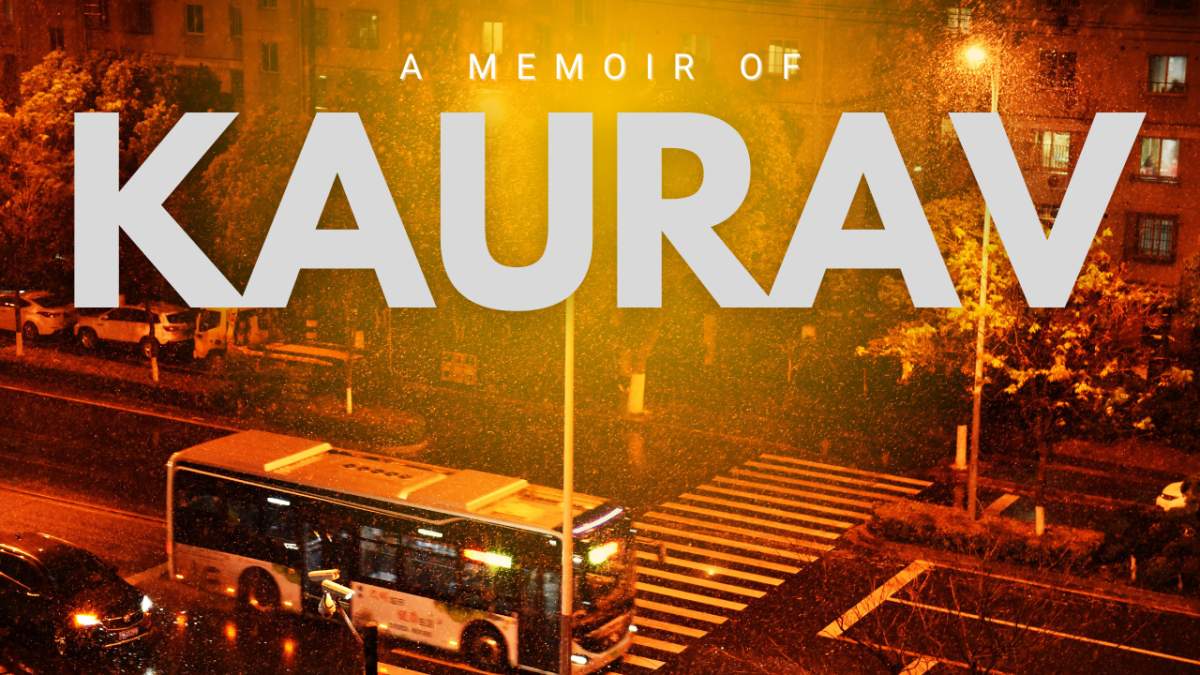Chapter 8: The Red Sticker
The phone call had come sixteen days later, as Kaurav sat at lunch in Bangabhavan, Delhi. On the television screen above their table, a prominent news channel was broadcasting the ruling party's candidate list for the Lok Sabha elections. He watched the name appear: Aparna Ghosh, candidate for a North Bengal constituency, member of the Chief Minister's inner circle.
He had already heard this news the night before, from Roni-da on the bus to Mysore. But seeing it officially announced gave it a different weight, a finality that made him remember things he had tried to forget.
Two of the people at that Delhi lunch table would later join the ruling party officially, though they denied it when asked. When Subrata Bose, then Education Minister, suggested they all join Aparna Ghosh's campaign, everyone agreed with the enthusiasm of people who sensed opportunity.
By then, another announcement had been made—a Bengali cinema superstar declared as candidate for a South Bengal seat. Roni-da had been visibly disturbed by this news. Rumors suggested tensions between the Chief Minister and her deputy, and this decision was read as a message. The superstar, reportedly reluctant to enter politics, could not refuse the Chief Minister's insistence. Whatever the truth, the egos around that lunch table had been pricked—just as they had been seven years earlier when the then Opposition Leader first met with land movement activists.
Roni-da and Kaurav had come to Delhi to see Meta. The other four members had a different agenda: establishing a Delhi chapter of West Bengal's newly formed theater union. Roni-da, the union's vice-president, had not been informed.
After the phone call ended, Kaurav remembered the car ride after his first stage performance. He had returned with Aparna Ghosh in a vehicle bearing the red sticker that read "Government of West Bengal." She had praised his performance that day, lavishly, warmly. Later, he had even taken elocution lessons from her.
The memory felt distant now, like something that had happened to someone else. Following that phone call, those relationships began to recede, becoming formal where they had once been personal.
Roni-da had also begun to distance himself after learning about the Delhi chapter matter. Recognizing the growing rift, Subrata Bose—once a close friend—had forced Roni-da to step down from all committees. The move caused an uproar. Press and media covered the incident extensively.
Siddhartha-da, the trip manager and veteran actor, had told Kaurav that the party's supreme leader eventually brought the two former friends together to resolve their differences. Roni-da was even offered a ticket for the next state assembly elections, though the candidate announcements were still pending.
When Kaurav asked Roni-da directly about the incident, the older man had replied with his characteristic bluntness: "I'll become a candidate the day Rahul-da becomes the Chief Minister."
The bus continued through the Karnataka night, and Kaurav reflected on how quickly alliances shifted, how friendship could become strategy and strategy could become betrayal. The red sticker on that government car had been a symbol of power, of access, of belonging to something larger than oneself. But power had its own logic, its own demands, its own way of transforming those who touched it.
He thought of Aparna Ghosh, who had once been simply his teacher, now announced as a candidate in distant North Bengal. He thought of Subrata Bose, who had engineered Roni-da's downfall with the efficiency of a seasoned politician. He thought of the theater union, supposedly formed to protect artists but already being used as a weapon in larger battles.
The landscape outside remained dark, but Kaurav could sense the approach of dawn. Soon they would reach Mysore, another stage, another performance. But the theater he was really learning about—the one where friends became enemies and principles became bargaining chips—would continue its run long after the curtain fell on any play he might write or perform.
His phone lay silent now, but the connections it represented—to power, to compromise, to the red stickers that marked one's place in the hierarchy—remained as tangled as ever.




Comments (0)
Rate this Article
How do you feel about this article?
Comments (0)
No comments yet
Be the first to share your thoughts!
Join the Discussion